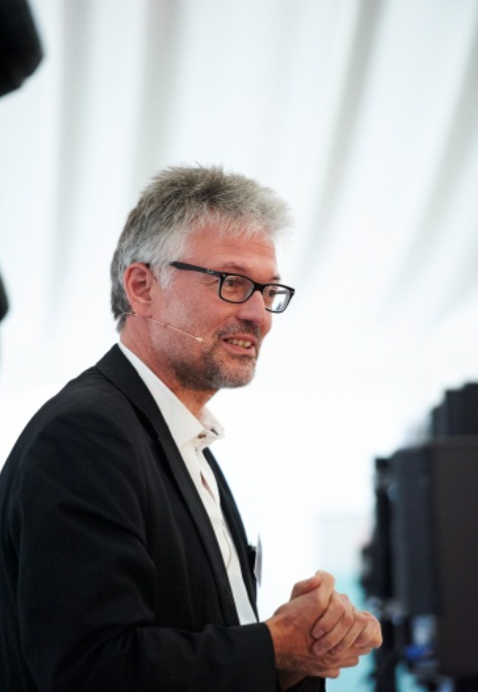Archeological management policy in Flanders
On January 1st 2004, the Flanders government administration started with a global archeological management policy service. To that date, a purely scientific approach based on a traditional research and excavation sequence was common practice. Following the 1992 Malta Convention, a more integrated approach was set into place. In particular, the focus was oriented to the conservation of archaeological heritage in the face of development projects, taking into account development and policy plans from different public authorities like spatial planning, public works and economic development etc.
When a site is threatened by building development, time is more of a factor. Normally the excavation is funded by the developer and provides a comprehensive record of the areas investigated. Thanks to a professional approach, the traditional critique of losing too much valuable information is no longer valid.
Joris Scheers was responsible director of the Heritage administration between 2003 and 2007 and promoter of this new archeological management policy.
https://www.onroerenderfgoed.be/
Back to portfolio
